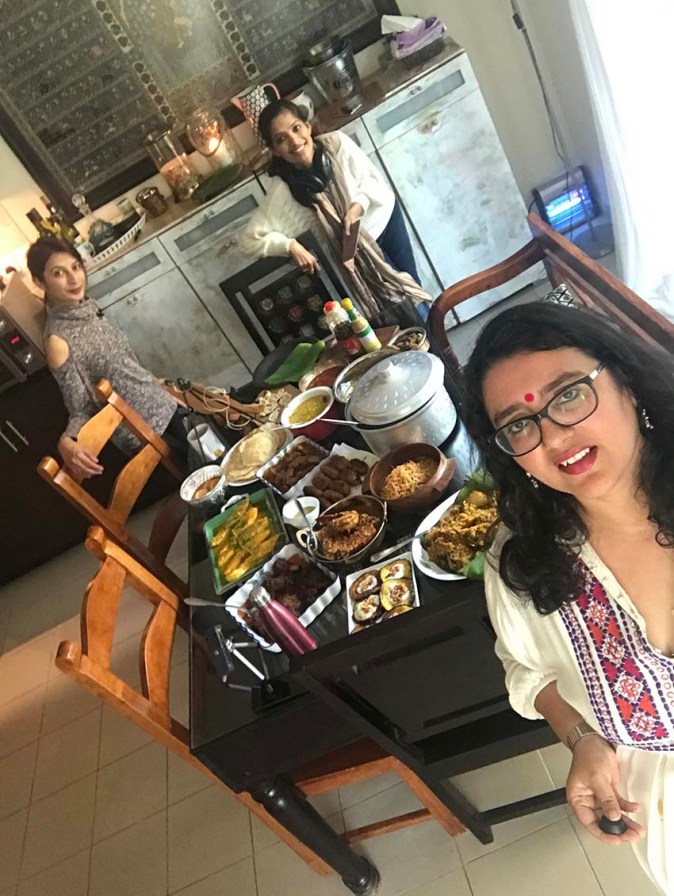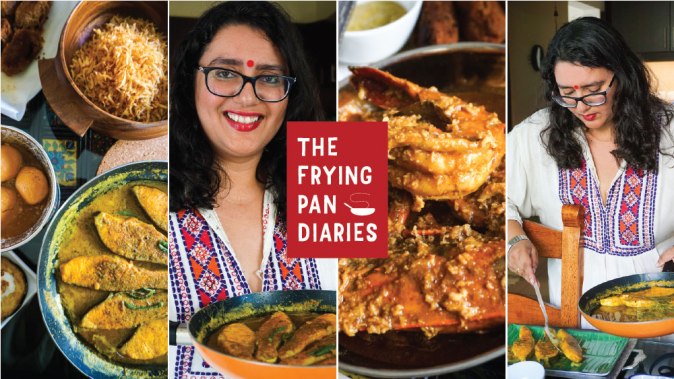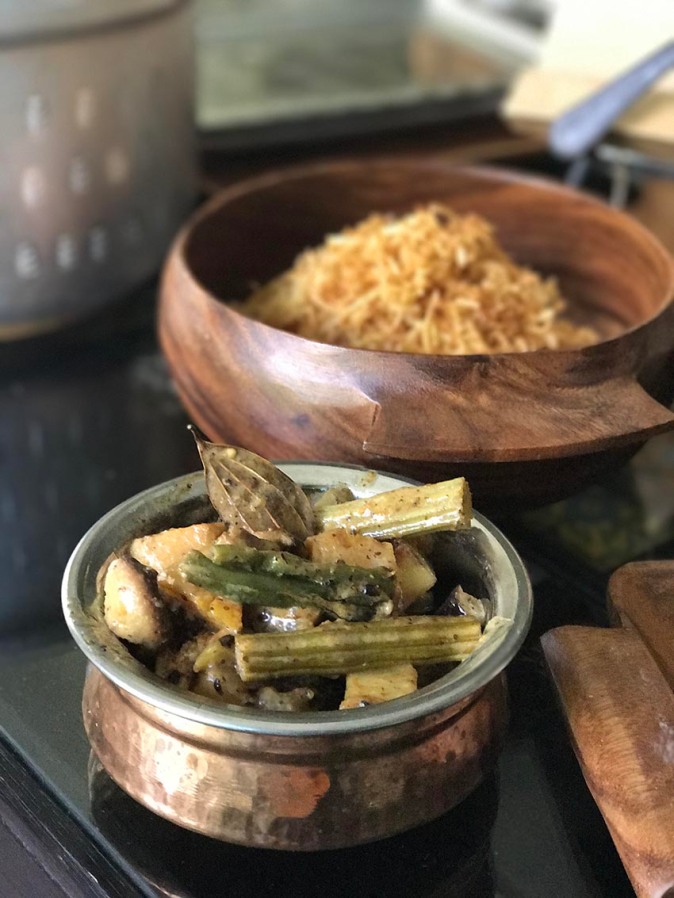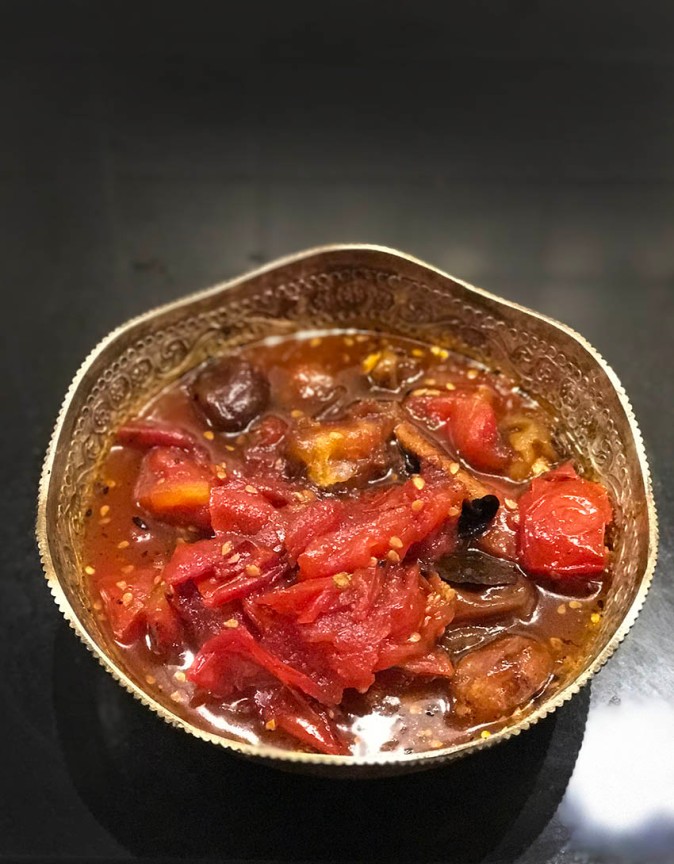Faith is the bird that feels the light when the dawn is still dark ∼ Tagore
Shubho Noboborsho! As we celebrate our Bengali new year 1425, here’s wishing others who are celebrating their new year too… Vaishakhi in Punjab and North India, Vishu in Kerala, Puthandu in Tamil Nadu, Bihu in Assam and more. Whether you are a Bengali or not, Indian or not, celebrating a new year or not… I pray that each day we wake up to, is a day worth celebrating. For, every new ‘day’ is ushered by a new dawn filled with hope and new possibilities.

Yes, every now and then we wake up to some shocking news and shaken up by images of unfortunate events happening in different parts of the world. Sadly, they always seem to belong to someone else’s world and not ours, until the dreadful happens to our near and dear ones. I feel so helpless as my belief in humanity is shaken. And then the above words of Tagore, ‘Faith is the bird that feels the light when the dawn is still dark’, drills faith back into me. I suddenly remember the Georgian grandmas from our recent trip to Georgia – complete strangers to me, holding and hugging me, and feeding us morsels cooked in love. My faith in humanity is immediately restored. My belief is reinforced that as long as there is food cooked by human hands combining the ingredients of love, and connects people… there is hope. I see that hope everyday in my kitchen when Lady M and I discuss the menu of the day. I see the same love while planning the weekly grocery with the Bearded Biker. I remember how my childhood is now secured in the treasure trove of fuzzy warm memories and delicious aromas of my ma and grandmothers’ cooking. Special dishes for celebrating festivities and special occasions remain etched in my mind still. After marriage, the same continued as my shashuri/ma-in-law strived to make every mealtime for us a special one. And if a guest happened to visit us, heaven save them. Atithi Devo Bhava… treating the guest as God, is something that we have imbibed from the time we were in the womb!

Coming back to the good things happening in this world, when the brilliant sister duo Arva and Farida Ahmed from Frying Pan Adventures, Dubai’s first food tour company (I have walked a lot with them in the alleys of Dubai and Sharjah… with the primary objective of eating of course!) wanted to make a podcast in their Frying Pan Diaries on Bengali food, I thought the best venue would be my home – we could sit around our infamously small but famously food-overloaded instagram worthy dining table… and taste the food too. What will be my menu? The last time I opened my Bengali kitchen for a media preview to Dima Sharif, it was a traditional Bengali menu. But the dilemma I always feel here is this… how many dishes should be included or rather safely excluded so that a person who’s non-initiated to Bengali food gets an elaborately fair idea about the richness of Bengali cuisine? Eventually, I managed to pin down a menu of a sort. The podcast is genuinely beautiful as it delicately weaves through the episode through what we tasted … from Shukto to Dhokar Dalna, Jhurjhure Aloo Bhaja, Cholar Daal, Luchi… Murighonto…. Shorshebata, chingrimaacher Malaikari… Kasha Mangsho … Mishti doi and Notun Gurer Rasgolla. My ma’s Rabindra Sangeet in the background track… Rupé today bhulabo na… adds ups the emotional quotient. Although I have spoken about Bengali food many times over on radio, curated Bengali menus for a few special pop ups (at Bookmuch and once at Rang Mahal with Atul Kochhar), I have never felt so complete, sounded so confident or been so happy listening to myself. That may have to do with the fact that the Bengali tigress in me was caught in her own territory – in my own kitchen, talking about my Bengali food to the two sisters who I am very fond of, and who constantly remind me of my own daughters – the Z-Sisters. The passion with which they are pursuing a food business resonates my own passion, specially the urge to speak in an honest voice – notoriously delicious – as I read them mentioning me somewhere!

My menu planning when we have guests at home depends upon two factors – the occasion and the nationalities of the guests. For example, if the occasion is our annual Bijoya celebration, without any doubt I will be making a very traditional Bengali fare. The occasional culinary experiments inspired by our travels are mostly offloaded onto my family and close Bengali friends. But if a guest is a non-Bengali or a non-Indian, the menu tends to be pretty much a summarised CV from my encyclopaedia of Bengali food. There is also always an expectation of a few popular Bengali dishes like Shorshebata maach or the Mishti Doi. Moreover, my frequent behind-the-scene instastories result in friends and guests requesting for some dishes that they may have seen in my instastories… for example, the Kolkata street-style Aloor Dom that I like to serve as a Starter or the Middle Eastern inspired Begun Bhaja, the fried eggplant with yoghurt and fried garlic (picture below). When we lived in Germany, the menu for my German friends would be quite different – I always added a twist to the Bengali recipes that I was learning to cook, as those were my initial days of my foray into cooking Bengali food. The German Kartoffel Purée, thus, would acquired the Bengali status of Aloo Bhaaté, the mashed potato with a twist of fresh grated coconut, a tempering of mustard seeds and a dash of Kashundi. Or say, my phenomenally successful dessert Shondesh Pudding – a fusion recipe of traditional Shondesh and the cream caramel. No such menu trials for my guests nowadays as I have realised that I want to introduce or present them with authentic Bengali food, specially when they are tasting it for the very first time.

আমি রূপে তোমায় ভোলাব না, ভালোবাসায় ভোলাব।
I shall not entice you with my beauty, but with my love ∼ Tagore
Ma’s rendition of the above Tagore song weaves through the podcast and brings back so much of nostalgia. Do listen to the full track here and let me know how you liked it. And this was the menu for the day… if you are a Bengali reading this, I hope that I did justice to the representation of the vast repertoire of our Bengali cuisine.
• Shukto, the Bengali ratatouille as I like to call it, served with shada bhaat, or plain white rice
• Dhokar Dalna, Lentil cakes cooked in gravy
• Begun Bhaja with Middle Eastern Twist, fried eggplant with yoghurt dip and fried garlic (sometimes I also garnish the dish with pomegranates and sprinkle of sumac)
• Jhurjhure Aloo Bhaja, fried julienne potatoes
• Cholar Dal, chana or Bengal Gram dal with coconut
• Moong Daal with fish head
• Moori Ghonto – rice cooked with fish head
• Chingri Maacher Malaikari, the sweet water Tiger Prawn cooked in a coconut gravy
• Shorshebata Salmon, mustard salmon. Usually, this preparation is done with the extremely boney Hilsa fish, but I use salmon as there are less bones
• Kosha Mangsho, slow cooked lamb, although back home, this preparation will use goat
• Tomato Chutney with dates and raisin.
Desserts:
• Bhapa Mishti Doi or steamed sweet yoghurt
• Notun Gurer Roshogolla – rasgulla filled with season fresh jaggery

Shukto

Begun Bhaja

Chingri Maacher Malaikari

Shorshebata Salmon

Bengali Tomato Chutney

Arva and Farida Ahmed from Frying Pan Adventures at home
Do listen to the Frying Pan Diaries podcast on iTunes and iPhone or on their blog, subscribe to them and share the love. Frying Pan Diaries is the first food podcast from Dubai with a focus on food stories from the city and the surrounding region… and to reciprocate the love to the sister duo, they too are a notoriously delicious bunch! In addition to the dishes that I had cooked that day, I had also ordered a few dishes from the Bengali restaurant Zaika Hub in Al Nahda so that I could present a more elaborate menu to the Ahmed sisters. I have also mentioned the restaurant in the podcast. Sad to inform you folks that the restaurant has recently closed down… well, c’est la vie! As we sign off, let us pray for a safer world where faith in humanity may prevail. Let food unite us all despite our varied heritages that make us more distinctive and unique… may we all speak in the common language of food, compassion and love. Shubho Noborsho to all of you… may our celebrations lent themselves to your celebrations as we harvest love and hope for tomorrow and the days to come, for people all around the world. Coming back to my safe haven, we mostly cook up the whole Bengali universe in our kitchen – starting from shukto to murighonto. But apparently, that’s only when we have guests! To be fair, that’s not completely untrue… so the million dollar (or chingri malaikari worth of) question that needs to be addressed first and foremost tomorrow morning – what will the menu be at home for the night!
Unblogging it all… Ishita
PS: Also sharing my thoughts that came out in Gulf News a few days back on the essence of being a Bengali in the wake of the recent disturbances in Bengal – it seems quite relevant with our Noboborsho wishes hoping for a bright future. The Bengali Mishti and Maach never fought over religion or borders, so why should the people? Do read the full story here.
Disclaimer: All images are shot by me, excepting the ones with Frying Pan logos, which have been shared with me by the Frying Pan Adventures. This isn’t a sponsored post, nor are there any affiliated links. The subject, story, opinions and views stated here are my own and all my bills have been self paid. While you enjoy reading my posts with lot of visuals, please do not use any material from these posts. Do join me on my daily food and travel journey on Instagram, Facebook, Twitterand Pinterest.
Do try out these Bengali recipes from my blog:
Shorshe Bata Maach – Mustard Salmon In This Case
Spicy Baby Potatoes or Aloor Dum – Kolkata Street Style!
Mashed Potato Bengali Style/ Aloo Bhaaté
Luchi Featured In Ahlan! Gourmet | My Ode To Phulko Luchi!
Bhapa Mishti Doi and A Food Safari of Bengal | BBC GoodFood ME
Notun Gurer Payesh/Traditional Bengali Rice Pudding | Remembering My Dida
Payesh or Rice Pudding For My Birthday | Power of Gratitude Messages
Shondesh/Sandesh Pudding | Guest Post For Cook Like A Bong!
And if you are interested in reading more on Bengali food in my blog:
A-Z of Bengali Fish
Traditional Bengali Cuisine | In ‘Slight’ Details


So, so moved by your post. This balance between sad realities yet reassuring rays of hope that we have to seek out so that we can move on every day. Thank you, thank you and thank you for showing us how to feast the Bengali way, our podcast with you was honestly one of our favourites – and listeners’ favorites as well from the reactions we got. But above all, your friendship and love for us means more to us than we can articulate. Hope we can repay every spoonful of flavour in your home by recruiting mummy frying pan to make her biryani for you soon.
LikeLike
I want to thank you both for the beautiful podcast… from the bottom of my heart. It’s always been so important to me to showcase Bengali food to the world – as if it’s my own identity. I am glad that the episode has resonated with your listeners as well. Can’t wait for the mummy frying pan biryani… unashamedly extending the invite to the bearded biker. Our unwritten marriage vows are… I shall never eat biryani without him and he will never eat phuchka without moi!
LikeLike
This is such a beautiful, heartfelt post Ishita. I was moved to tears reading this! Words cannot express our gratitude for your generosity and for giving us the opportunity to prowl with you in your territory. May we always be bonded through our love for food and humanity. Thank you a million times!
LikeLike
Thank you both for finding the time and the effort to create the content in such a beautiful manner. Millions an million sos cherished moments of Mishti Doi and Mustard Fish… (Bengali fish) fingers crossed!
LikeLike
Pingback: Traditional Bengali Cuisine | All The ‘Slight’ Details